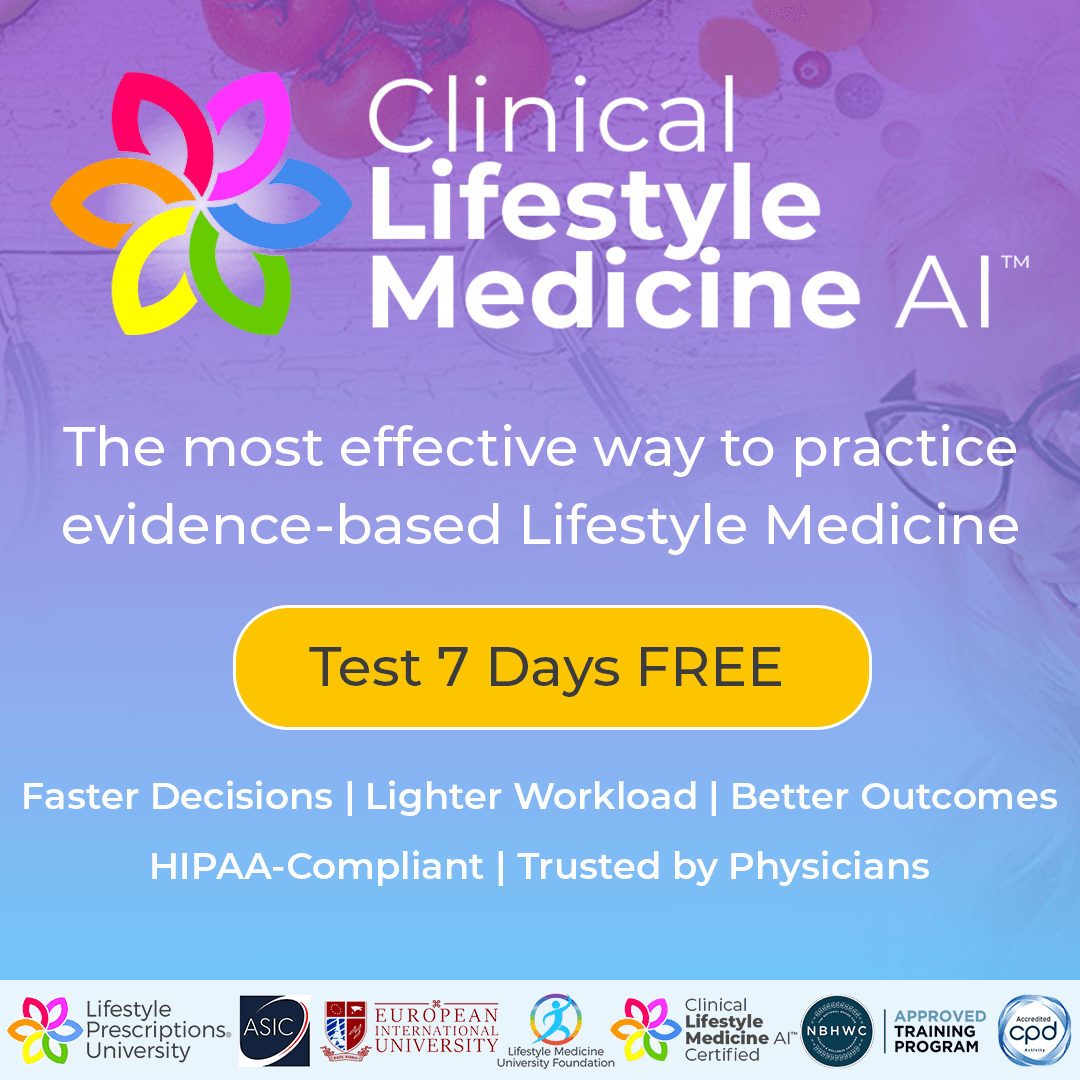Proposed Nutrition Competencies for Medical Students and Physician Trainees: A Consensus Statement
In a world increasingly impacted by nutrition-related diseases, the role of physicians in guiding patients toward better health through nutrition has never been more vital. A recent consensus statement published in JAMA (September 2024) outlines a critical step forward: defining essential nutrition competencies for medical students and physician trainees. This article presents a well-researched and collaborative framework aimed at addressing the educational gaps in nutrition, enabling future physicians to effectively incorporate nutrition into patient care.
The Urgent Need for Nutrition Education in Medicine
In 2022, the U.S. House of Representatives passed a bipartisan resolution (H.Res. 1118) calling for meaningful nutrition education for medical trainees. The rationale behind this resolution stems from the significant increase in healthcare spending driven by nutrition-related diseases such as obesity, diabetes, and cardiovascular disease. Despite the undeniable impact of nutrition on public health, the medical education system has been slow to integrate robust nutrition training into its curricula.
Medical students and physician trainees often receive little or no formal training in nutrition. This gap leaves many future physicians ill-prepared to address one of the most pressing health issues of our time. The consensus outlined in this statement aims to fill that gap by proposing a set of nutrition competencies that should be prioritized in medical education.
The Research and Development Process
To establish these competencies, a modified Delphi process was employed. This technique, commonly used for reaching consensus among experts, involved several rounds of voting by a panel of 37 experts, including nutrition specialists and residency program directors. The process started with a rapid review of literature to identify existing nutrition-related competencies and curricula, yielding 354 competencies that were refined and categorized. After four rounds of voting, the panel reached consensus on 36 essential nutrition competencies, which were divided into undergraduate and graduate medical education levels.
Key nutrition themes identified include:
Foundational Nutrition Knowledge: Understanding the science of nutrition and how it impacts human health.
Assessment and Diagnosis: Recognizing malnutrition and other diet-related conditions.
Communication Skills: Effectively discussing dietary changes with patients and families.
Public Health and Policy: Understanding the broader impact of nutrition on population health.
Collaborative Support and Treatment: Working alongside dietitians and other healthcare professionals to manage specific conditions.
These competencies were designed to be adaptable, allowing for ongoing refinement and expansion as medical education continues to evolve.
Recommendations for Implementation
One of the key recommendations from the expert panel is the integration of nutrition competencies into medical licensure and board certification exams. This would ensure that all future physicians, regardless of specialty, possess a baseline understanding of nutrition. Such changes would also elevate the importance of nutrition within medical education, encouraging institutions to prioritize the subject.
The consensus also emphasizes the need for experiential learning in medical training. Experiential learning, such as cooking classes or hands-on workshops, provides medical students with practical knowledge about food preparation and healthy eating. Already, at least 34 U.S. medical schools incorporate culinary medicine into their curricula, a trend that the panel recommends expanding.
The Impact on Patient Care and Public Health
The inclusion of nutrition competencies in medical education is expected to have a profound impact on patient outcomes. Research has shown that patients who receive nutrition counseling from their physicians are more likely to make positive dietary changes. Moreover, physicians trained in nutrition are more confident in offering diet-related advice and are more likely to refer patients to registered dietitians (RDNs) for specialized support.
As nutrition-related diseases continue to rise, improving physicians’ ability to counsel patients on nutrition could reduce the burden on the healthcare system. The consensus statement aligns with the goals set forth in H.Res. 1118, which advocates for a healthcare system where nutrition is considered an integral part of both preventive and therapeutic medicine.
Global Implications
While this consensus was developed within the context of U.S. medical education, it has far-reaching implications. Other countries facing similar nutrition-related health crises may look to this consensus as a model for their own educational reforms. For example, the UK has also been developing an undergraduate curriculum in nutrition for medical doctors, a move that parallels the U.S. effort but lacks the same focus on communication and behavior change.
The growing international awareness of the importance of nutrition education for healthcare providers suggests that this U.S.-based effort could inspire similar initiatives globally, potentially transforming the way nutrition is taught and practiced worldwide.
Future Directions
This consensus is just the beginning. The proposed competencies will require ongoing refinement and institutional prioritization. Medical schools and residency programs must integrate these competencies into their curricula, ensuring that future generations of physicians are equipped to address the nutritional needs of their patients. Additionally, further research is needed to explore the impact of these competencies on patient care, particularly in terms of how they affect referral patterns to dietitians and other nutrition professionals.
As the healthcare system continues to evolve, it is likely that nutrition will play an even larger role in medical education. The competencies outlined in this consensus statement provide a roadmap for achieving this goal, offering a foundation upon which medical institutions can build comprehensive nutrition curricula.
Conclusion
The consensus statement on nutrition competencies for medical students and physician trainees marks a pivotal step toward improving the nutritional literacy of future physicians. By prioritizing nutrition education and integrating it into medical licensure and certification exams, the healthcare system can better equip doctors to address the growing burden of nutrition-related diseases. This initiative, coupled with experiential learning opportunities and global collaboration, has the potential to revolutionize medical education and enhance patient care for generations to come.
As nutrition continues to be recognized as a cornerstone of health, the competencies identified in this consensus statement will serve as a vital tool in preparing the next generation of physicians to meet the challenges of a world increasingly affected by poor dietary choices and nutrition-related diseases.
Reference: https://jamanetwork.com/journals/jamanetworkopen/fullarticle/2824217
Note: This article is for informational purposes only and does not constitute medical advice. Consult a healthcare professional for personalized recommendations.
© 2015-2026 Lifestyle Prescriptions® University. The terms Lifestyle Prescriptions®, Organ-Mind-Brain Anatomy™, and Root-Cause Health Coaching™ are worldwide trademarks of the Lifestyle Prescriptions® University and can only be used after completing qualifying training programs. Lifestyle Medicine WORKS™, Lifestyle Medicine Summit, HealthiWealthi™ are trademarks of Lifestyle Medicine University Foundation.
* This website and all LPU training programs are for educational purposes only. No medical diagnosis, therapy, or treatment is provided.










